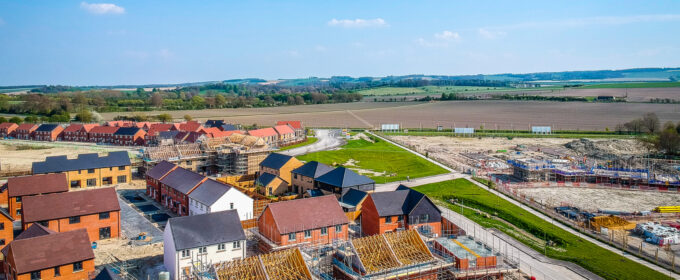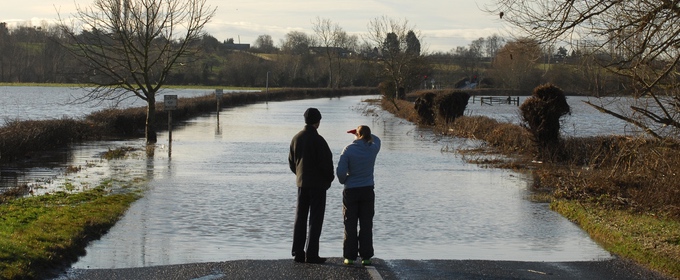The UK life sciences sector contributes £94 billion to the economy each year, but it faces increasing global competition, alongside internal challenges such as low numbers of NHS clinical trials, and slow regulatory approval processes. Here, Professor Alejandro Frangi outlines how in silico technologies – Artificial Intelligence and other computer-based approaches for virtual product development […]









